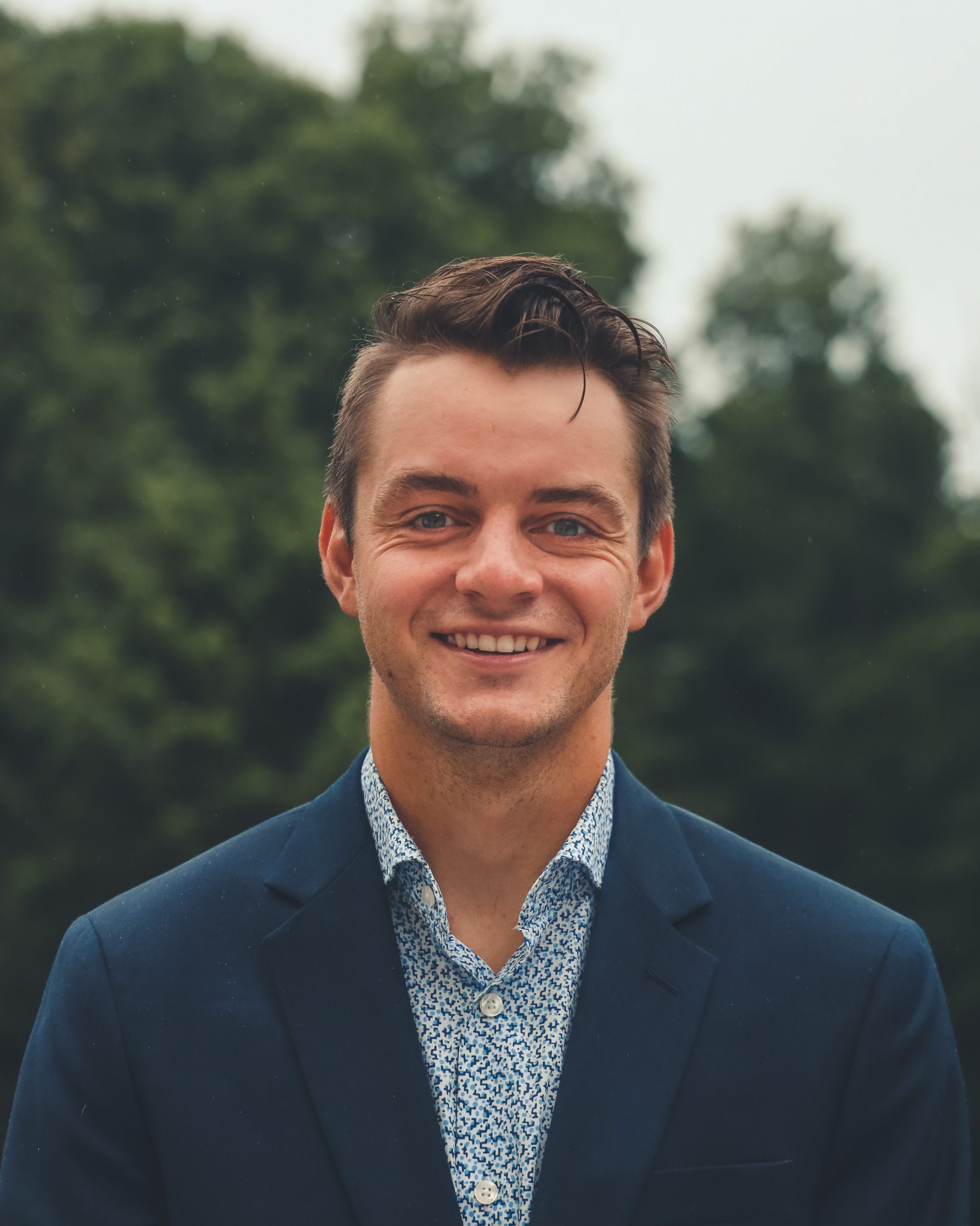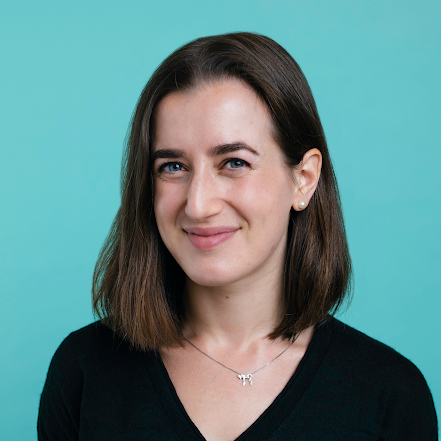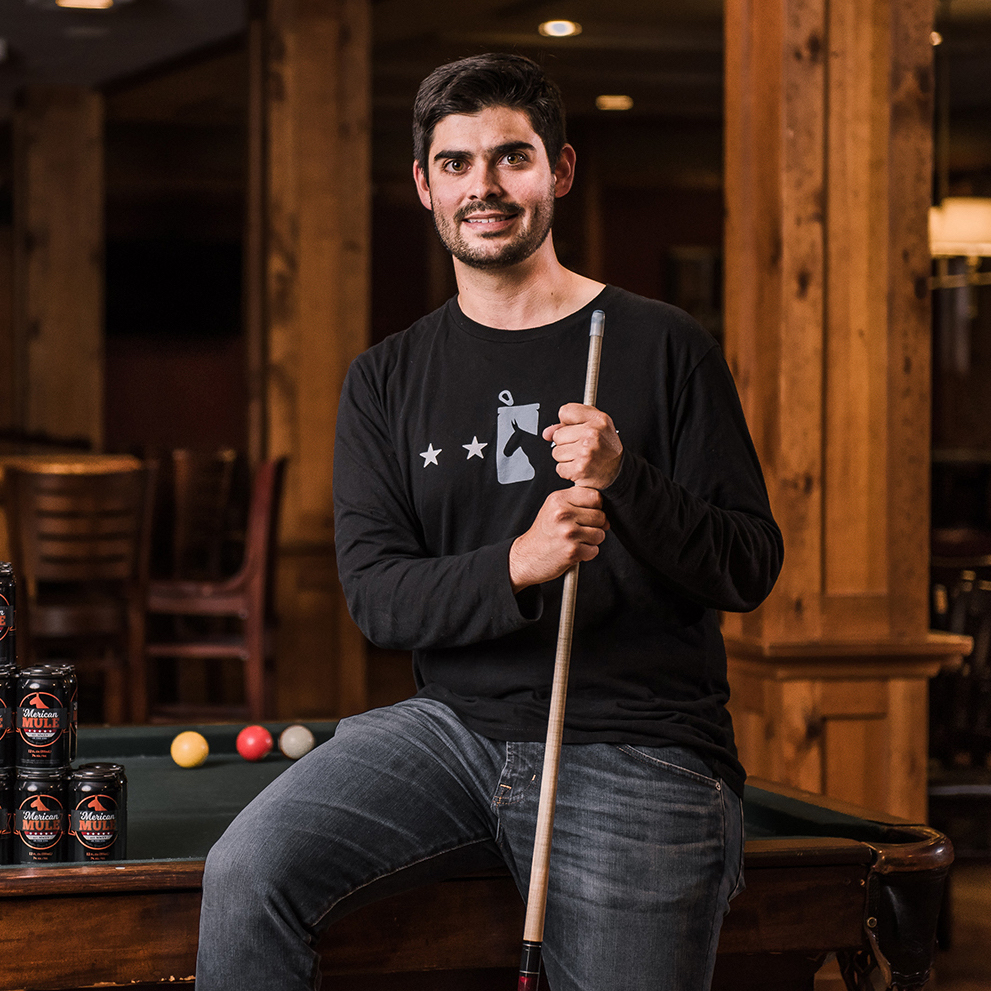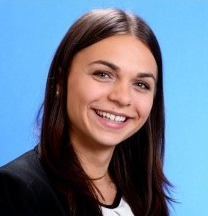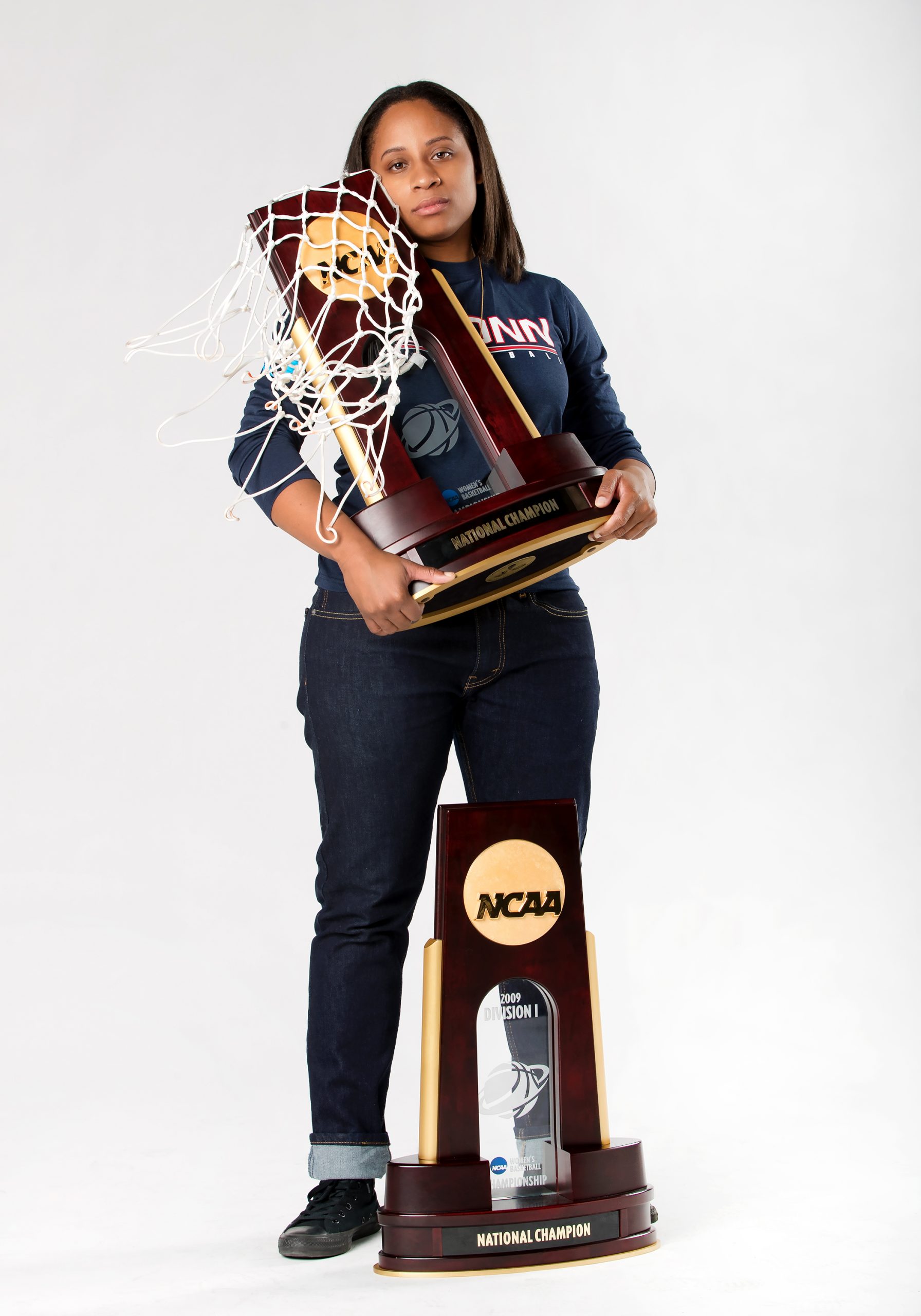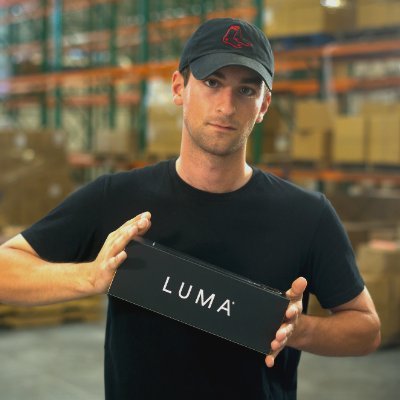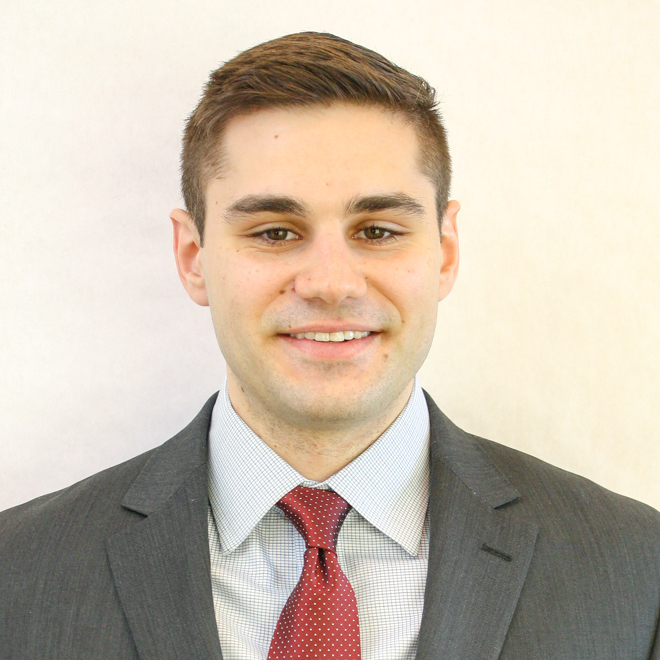
Executive Director, Enterprise Data and Machine Learning Engineering, CVS Health
Saira Kazmi, Ph.D., is an Executive Director of Enterprise Data and Machine Learning Engineering at CVS Health. She brings over 18 years of experience in delivering advanced analytics capabilities into business workflows.
Saira loves working with complex data and enjoys designing and implementing solutions for problems associated with generating, storing, and analyzing large amounts of data. Saira has extensive technical and leadership expertise in delivering novel solutions for complex business problems from inception to production. Domains of experience include Bioinformatics, Medical Informatics, Healthcare, Insurance, Business Analytics, Text Search, Patent, and Intellectual Property Analytics. She advocates metadata best practices and establishes standards and business processes to enable high-quality data-driven metrics and insights.
She received her Ph.D. in Computer Science with a focus in Bioinformatics from the University of Connecticut and her post-doctoral training in Medical Informatics from Yale University.
Saira Kazmi is doing things WerthWatching:
- A leader in working with complex data
- Leading an engineering team that is delivering enterprise-scale data products and machine-learning platforms for one of the largest healthcare organizations in the United States
- Uses entrepreneurship to leverage her creativity
How did you become interested in engineering and data science?
From a young age, my father was a big inspiration for me, and I naturally followed in his footsteps in engineering. I knew that Mathematics and Computer Science enabled biologists, physicians, scientists, and researchers to solve complex problems related to life-threatening diseases, such as cancer. I wanted to learn more and participate so I started my academic journey in computer science and often collaborated with molecular biologists, chemists, physicians, and researchers. As I came closer to finishing my Ph.D., I became more interested in engineering applications and sought opportunities in the industry. I interned at a health insurance company with its enterprise information architecture team. As part of that program, I was exposed to fascinating high-impact work that applied Deep Learning to develop innovative products to augment clinical decisions in health management. I enjoyed the work and the pace and saw the real impact of my work. I also realized that my foundational cross-disciplinary research background translated well for solving many industry problems. This realization shifted the direction of my career into engineering applications of Data Science and Machine Learning Engineering.
Why are entrepreneurship and innovation important to you?
Throughout my career, I have been very fortunate to participate in research and entrepreneurial projects that advance foundational science and leverage it in applications in the healthcare domain. Entrepreneurship allows innovative ideas to be used to improve the lives of people and better the human condition. It enables me to leverage my creativity and be motivated each day.
Can you describe a time you took a risk? Did it pay off? If not, what lesson did you learn?
I was on the path to an academic career with my doctorate program. I became increasingly interested in the engineering aspects of my work and signed up for an internship in the industry toward the end of my academic program. This financial and career risk could have impacted my chances of staying on the academic path. Looking back, it was one of my best decisions because it pushed me to learn, stretch myself further, and explore a better it in the longer term. I learned that it is always the right decision to propel your career in a direction that aligns with your interests and passion. It did not pay off in the short term, as I had to restart my career in the industry. It paid off in the long run, allowing me to stay passionate and interested in my work every day.
How did UConn prepare you for where you're at today?
UConn provided me with strong foundational knowledge and research opportunities that allowed me to be successful in the emerging field of Data Science and Computer Science. The internship opportunity that kicked of my career in the industry was obtained through the UConn career center and its established industry partnerships.
Describe a professional moment you are most proud of and why?
I am very proud of where I am today, leading an engineering team that is delivering enterprise-scale data products and machine-learning platforms for one of the largest healthcare organizations in the United States. I am particularly proud of the feedback from my team this year on my ability to cultivate the culture and environment that motivates them to deliver their best.
Tell us a little about your continued involvement with UConn. Why is it important to give back as a mentor?
I am participating in activities with the Werth Institute and find it to be a very rewarding experience. It also allows me to mentor and connect with students curious about the industry opportunities or seeking clarity on career alternatives and choices that align with their academic curriculum.
What advice do you have for today’s students or emerging entrepreneurs?
Follow your interests and passion. Seek critical feedback and a growth mindset.
Which business tool or resource do you recommend to others, and why?
I leverage LinkedIn and Twitter and often follow industry leaders, researchers, and academicians. It usually allows me to think differently about problems I am solving daily. I also leverage free online courses and content to refresh my technical skills.
What's your favorite UConn memory?
One of my favorite memories at UConn was moving into the new Computer Science building. I had seen that building go up and anticipated the move for many years during its construction. when the building was ready, we were excited to be in the state-of-the-art computer science laboratories, classes, and offices.
What are you passionate about outside of work?
I love to travel, bike, and cook with my family. I am also passionate about education and creating educational opportunities for other whenever possible.
